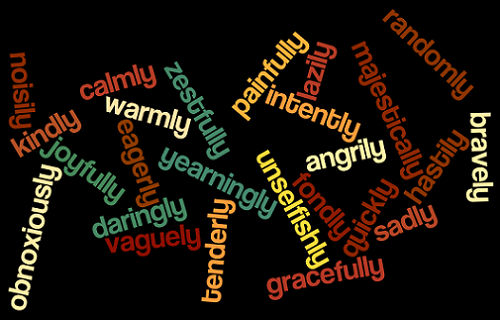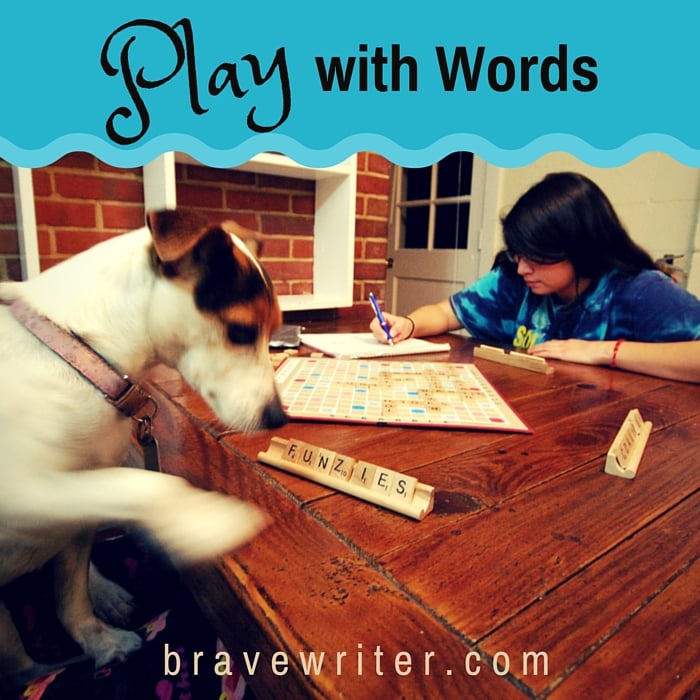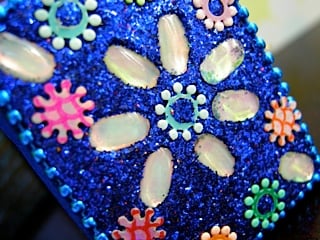Here’s a fabulous description of the Keen Observation process! This is precisely what is supposed to happen when you use the exercise.
Brave writer mom, Kellie, writes:
Hi Julie,
I’m new to BWL, just printed Writers Jungle Sunday and read through to chapter 6, prowled your website and blog and am now dabbling in some of your recommended pre-free-writing exercises. I’m blown away with the keen observation exercise experience that we had today and felt like I needed to express my gratitude for your insightful, common sense approach to breaking the writing process down into manageable, fun activities.
My daughter 8, and I explored a garden tomato today. She has never been a lover of this fruit mind you. Ketchup and spaghetti sauce, forget about it. But, for some reason she was looking forward to slicing it open and sampling it’s flavor. Maybe it has something to do with the theory she’s subscribing to about how every 7 years you grow new taste buds so your taste in food may change. Whatever her reasons, I’m glad she was a go.
She was so quick to start describing the “ruby red“ tomato with “super tiny yellow dots on top that makes it golden red“ with a “green crown“ that I didn’t get to ask her the first few questions you supply us with. Okay, so she was excited to play this “game” but the kicker was after she took a considerable sized bite out of it and tasted the seeds separate from the flesh. The bite was described as “Yuck it tastes sour and tart” the seeds as “at first it’s the yuck of the tomato but then it’s a little burst of sweet” There was a goodly amount of juice left on the plate “juice went flying out of it” when sliced, so I asked her to slurp some up. Moments later she was sprawled on the ground with a puckered up face declaring “I thought it would be bland but it was so powerful it blew my head right off. My tongue was bursting with strong tart and sour” She was such a good sport that even after the assault on her mouth she was game for tackling the skin which was “smooth and tough with a bland flavor”.
We thoroughly enjoyed this exercise. We laughed, we joked, we bonded, we praised. Thank you for your courage in sharing.
Sincerely,
Kellie
























